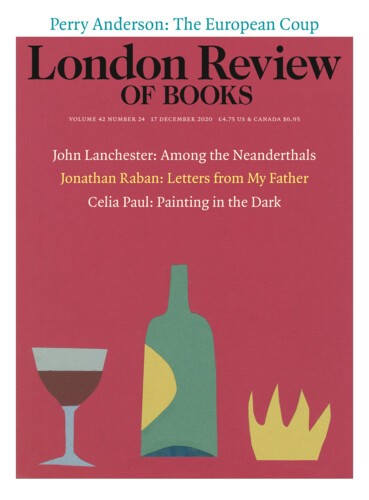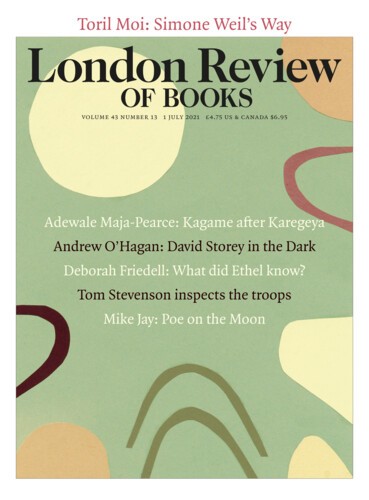Short Cuts: How to Block Spike
Rupert Beale, 21 May 2020
Measuring immunity is important, but it isn’t easy. The most obvious way is to look for the presence of antibodies. But antibodies to what? The virus has many components. Its main entry weapon is known as Spike. This is a large, sugar-coated protein complex that can rip a hole in the membrane of a cell to allow the virus to enter. Block Spike, and you keep the virus out. It’s easy enough to measure antibodies to Spike, but not all of them actually prevent the virus from entering cells. To find out whether the antibodies are doing their job effectively, you have to culture the virus in a high-containment facility, titrate tiny amounts of serum extracted from the test subject’s blood into the virus culture, and demonstrate that the serum blocks the virus. It’s painfully slow. We are working on ways to make these assays faster, easier and more accurate. So are many others, and for once I’m happy when another lab does something better.





